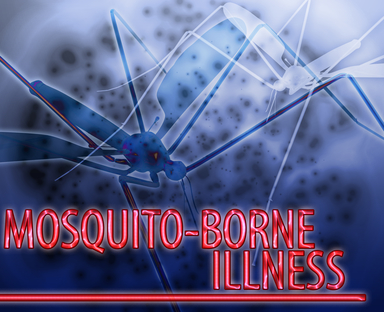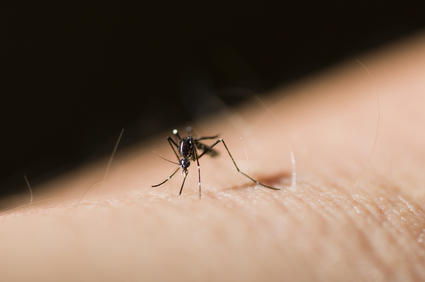Why The Aedes Aegypti Mosquito Species Is Such A Threat
- Esther M.
- Feb-12-2021
- Mosquitoes
It is hardly news to anyone anymore that mosquitoes have ravaging effects on the human race. This tiny, feather-weight, and buzzing bug is a force to reckon with. In general, mosquitoes are the reason behind the transmission of approximately 700 million illnesses annually. Worse still, out of these, over one million people will succumb to those mosquito-borne diseases. With such numbers, it only makes sense to learn all you can about mosquitoes. This post will look at Aedes Aegypti and the risks this particular species poses to you.
Dengue

Aedes Aegypti is but one out of the 3000 known species of mosquitoes. Why should you be interested in it? It is a disease vector. Here is some info about one of the diseases it spreads:
-
Dengue viruses are spread to people through the bite of an infected Aedes species (Ae. aegypti or Ae. albopictus) mosquito. These mosquitoes also spread Zika, chikungunya, and other viruses.Dengue is common in more than 100 countries around the world.Forty percent of the world’s population, about 3 billion people, live in areas with a risk of dengue. Dengue is often a leading cause of illness in areas with risk.Each year, up to 400 million people get infected with dengue. Approximately 100 million people get sick from infection, and 22,000 die from severe dengue. Read more at CDC…
Clearly, this is one disease you want to do everything to stay away from. However, it is not the only one you’re at risk of contracting through the Aedes Aegypti species.
Elephantiasis Filariasis

Sounds like something to do with an elephant. So, in what way is a mosquito species related to “an elephant”? Find out in the following post:
Elephantiasis disease, also known clinically as lymphatic Filariasis, is a vector-borne illness which causes profuse swelling of the legs of an affected individual. It is a rare ailment, and is mostly observed in parts of Africa, Asia and in the Middle-East.
Elephantiasis is caused by mosquito bites. Three specific mosquito species are largely responsible for its spread: Culex, Aedes, and Anopheles…
Elephantiasis causes pain and suffering to those afflicated, not to mention ridicule and social neglect. Read more at Vedantu…
Whereas this is a tropical disease, it is still important to have a few details about it. The first symptoms are similar to those of the flu – fever, chills, and a rash. However, it quickly digresses into extreme swelling of the legs (they become thick like those of an elephant, hence the name).
Zika Virus

Yet another disease spread by the Aedes aegypti mosquito species is Zika virus.
The authors of a study published today (November 19) in Science offer a possible explanation for the devastation Zika has caused outside of African countries. They show that the subspecies of the mosquito vector, Aedes aegypti, that lives in close proximity with people in the tropical urban areas of Asia and the Americas is more likely to both contract and transmit the Zika virus than the subspecies more prevalent in Africa.
“It’s the first really convincing demonstration that these populations differ in their susceptibility to human disease-causing virus,” says Jeffrey Powell, a mosquito geneticist at Yale University who was not involved in the study. Read more at The Scientist…
So, although it is rare to see cases of Elephantiasis in North America, Zika is a real threat to our populations. Except for the fact that it buzzes around, one might think of the Aedes aegypti as a silent killer.
Want to be sure your home and yard are safe from this mosquito species? Need some peace of mind knowing that you and your family are out of harm’s way? Then get in touch with the Backyard Bug Patrol team. Our barrier spray program is excellent for mosquito control, killing the bugs on the spot and penetrating into the foliage to prevent their breeding and multiplication. Call us today!
Related posts:
- Facts and Some Current News On Mosquito Control
- World Mosquito Day: Creating Awareness About Mosquito- Borne Illnesses
- Identify Mosquito Bites And Possible Reactions To Them
- Three of the Most Common Mosquito Types To Be Aware of in Maryland
- Eastern Equine Encephalitis: The Rare Mosquito-Borne Illness You Should Be Wary Of
